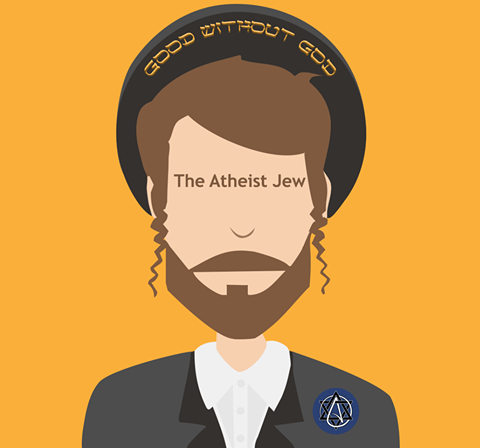Recent Developments in Atheist Activism
Atheist activism has experienced significant momentum in recent years, with numerous organizations and individuals advocating for secularism and the separation of church and state across various regions. Key developments in this sphere include public campaigns aimed at raising awareness about the rights of non-religious individuals and the promotion of secular governance.
Globally, numerous events have highlighted the ongoing challenges faced by atheists. In many regions, legislation continues to emerge that targets secular viewpoints, with some countries legally favoring religious beliefs over non-belief. For instance, recent updates indicate that several governments have proposed laws that restrict the expression of atheistic ideas, showcasing the resistance against secular values. Activist groups are working diligently to combat these initiatives by organizing petitions, lobbying efforts, and educational outreach programs aimed at policymakers and the general public.
Moreover, individuals who advocate for atheism have become increasingly prominent figures in their communities. Their efforts have sparked conversations about discrimination and social stigmas attached to atheism, particularly in societies where religiosity is prevalent. Activists have shared firsthand accounts of dealing with prejudice, helping to humanize the experiences of non-believers and fostering dialogue regarding inclusivity in religious and secular spaces alike.
Social media has played a pivotal role in enhancing the visibility of atheist activism. Online platforms serve as hubs for discussions and information sharing, allowing individuals to connect, exchange ideas, and mobilize support. Through popular social media sites, campaigns have gained traction, amplifying messages related to secularism and increasing outreach to broader audiences. As a result, the community of atheists has found new ways to combat misinformation and unite against common challenges, making a substantial impact on public discourse related to atheism and secularism.
Cultural Impact and Representation of Atheism
Atheism has increasingly started to shape cultural narratives across various forms of media. Historically, atheists have often been portrayed in negative lights within literature, film, and television, often as antagonists or misunderstood characters. However, this portrayal is continuously evolving, with a more nuanced representation emerging in contemporary storytelling. The shift reflects broader societal changes and a growing acceptance of diverse belief systems. Increasingly, mainstream media explores themes of rationality, skepticism, and secularism, which resonate strongly with atheist ideologies.
In literature, authors such as Philip Pullman and Kurt Vonnegut have infused their narratives with themes that support atheistic philosophy, challenging traditional religious narratives and encouraging critical thought. These works not only offer entertainment but also invite discourse on existential themes and morality independent of religious frameworks. Similarly, films like “The Invention of Lying” and television series such as “The Good Place” creatively delve into ethical dilemmas without relying on religious dogmas, reflecting how atheism is increasingly woven into popular culture.
Moreover, the contributions of atheist artists and creators have played a crucial role in reshaping these narratives. Figures like Margaret Atwood and Neil Gaiman engage with themes related to atheism while challenging societal norms. Their works often promote inclusivity and open discussions about belief. This growing visibility of atheism in arts and entertainment contributes significantly to changing perceptions among the public, enhancing acceptance and understanding of non-religious viewpoints.
As atheism becomes more integrated into popular culture, it also influences societal values and public discourse. The evolving representation of atheists is not merely an artistic trend; it reflects a broader shift in societal attitudes towards secularism and rational thought. Ultimately, the cultural impact of atheism represents a significant aspect of contemporary global discourse, emphasizing the importance of diverse perspectives in a well-rounded societal framework.

